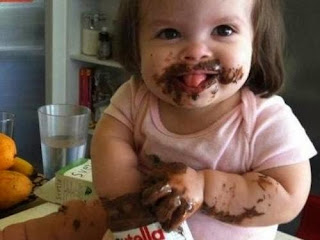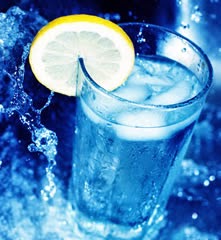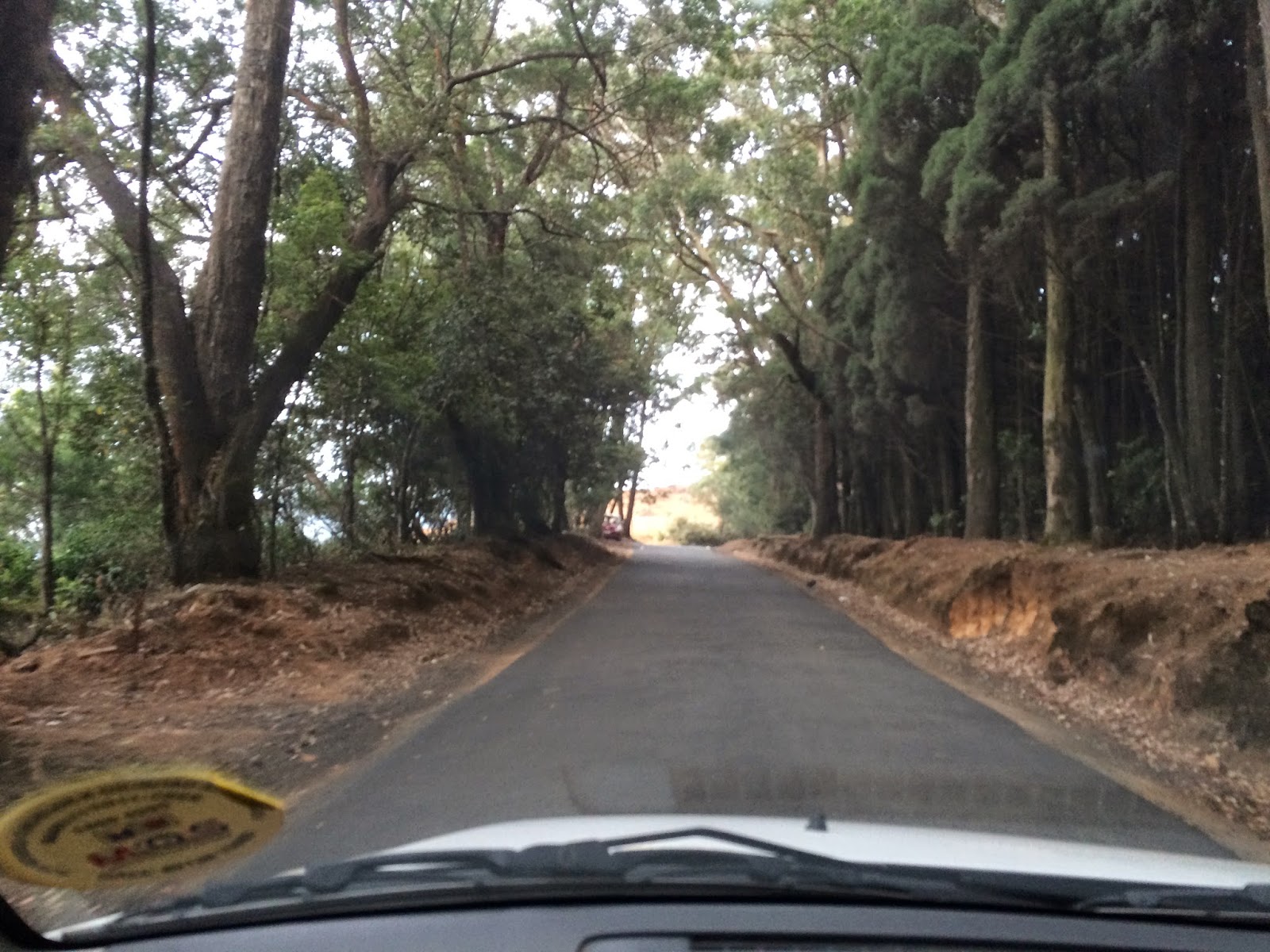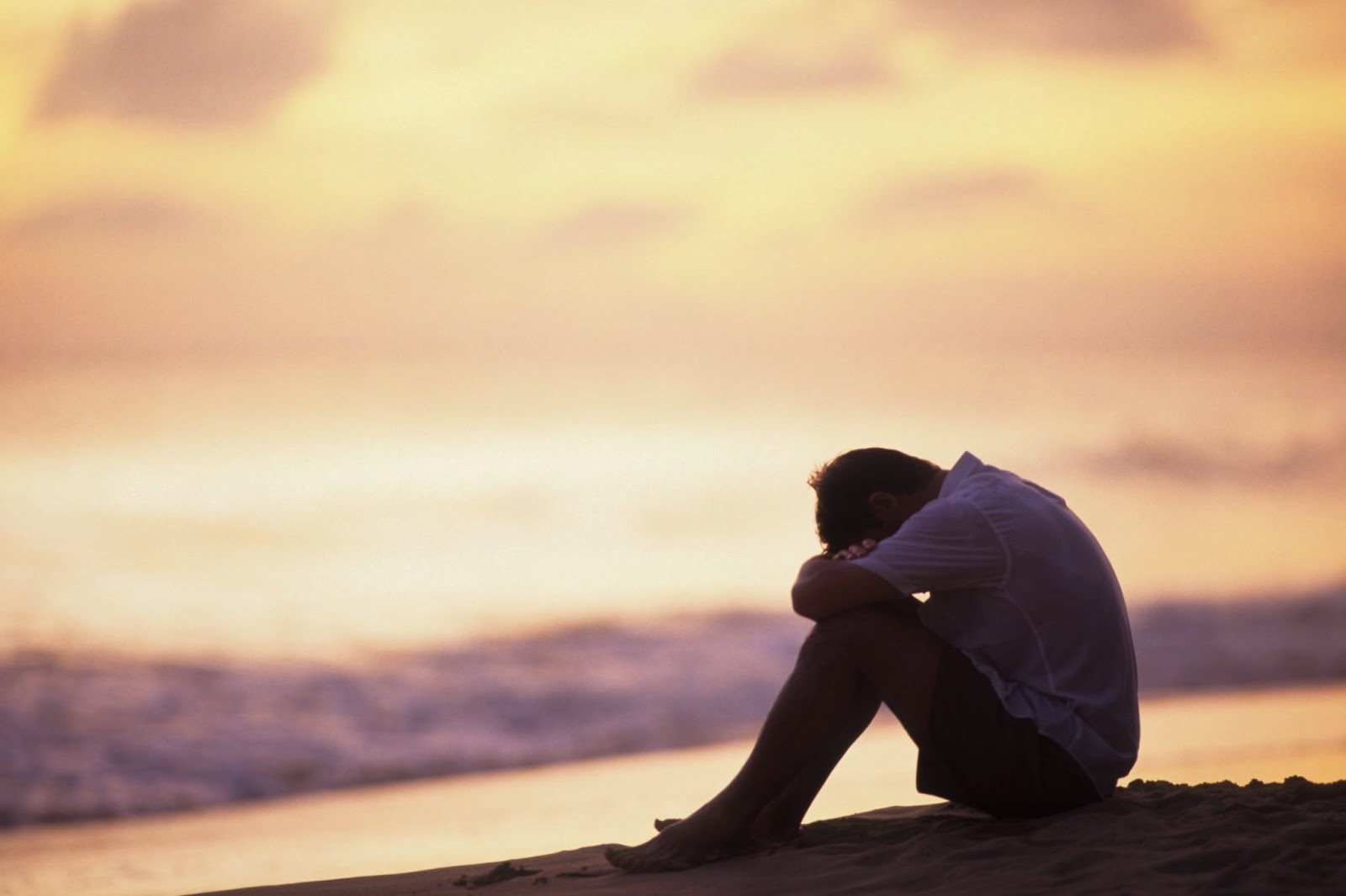Search for dialysis centres here
 Log in to explore the world's most comprehensive database of dialysis centres for free!
Log in to explore the world's most comprehensive database of dialysis centres for free!

Kamal Shah
Hello, I'm Kamal from Hyderabad, India. I have been on dialysis for the last 13 years, six of them on PD, the rest on hemo. I have been on daily nocturnal home hemodialysis for the last four and half years. I can do pretty much everything myself. I love to travel and do short weekend trips or longer trips to places which have dialysis centers. Goa in India is a personal favorite. It is a great holiday destination and has two very good dialysis centers.
E-mail: This e-mail address is being protected from spambots. You need JavaScript enabled to view it
The perils of growing up
Summers are an interesting time for me.
I grew up with cousins around my age. We were brought up in similar circumstances. We were brought up by parents who had similar values and had similar means. We made life's decisions around the same time. Our paths diverged when I was diagnosed with kidney disease. They went on to get married and have kids, their lives being completely engulfed in the routine chores of looking after their families. The males among them made careers, the females were mostly home makers.
Summers are interesting because the cousins typically come to Hyderabad to meet their parents. They bring their kids along. I find it really intriguing to see how these kids are brought up in the age of the internet and Facebook.
I cannot help sniggering to myself when I see my cousins scolding their kids for craving colas and junk food. To me, it was just a few years back when we ourselves craved these unhealthy options. Oh, I say to myself, how the times have changed!
I have seen this happening all around me. Most of my friends are married and have kids. They all try to bring up their kids the 'right' way. Eat the right things. Study. Don't play too much. It just seems a little weird to me that our parents were saying this to us not so long ago. At least it seems not so long ago. :-)
The innocence of childhood is lost in stages. When you get married, you lose about a quarter of it. There is still three-quarters left and there is still some hope left. When you become a parent, that is it. You're done for good. You lose pretty much all of it. You don't find silly things funny. You get irritated when your kids do things even though you did them yourself.
Growing up is highly over-rated. People give and expect too much respect. Life becomes too formal, too suffocating. People are constantly on the watch. "What would the world think about me if I did this?" I generally detest Navjyot Singh Sidhu, the irritating ass who's always on a laughathon and is always hyperactive. But he did say something once that makes a lot of sense, "Duniya mein sabse bada rog, mere baare mein kya sochte hain log?!"
Of course, there are exceptions. But the vast majority of the people are too busy trying to become successful. We need to let loose for a bit every now and then; be a child again. Life would be much more refreshing that way.
... http://www.kamaldshah.com/2015/05/the-perils-of-growing-up.html
Postprandial hypotension in dialysis patients: feeling dizzy after a meal
For a long, long time, I have had a major problem. I feel dizzy after my breakfast. This lasts about an hour to two hours and I need to lie down to feel better. I always put this down to pulling off too much fluid during my nocturnal dialysis sessions.
This did not seem logical however. If it really was due to pulling off too much fluid, I should feel bad towards the end of the session or immediately after the session. But I feel totally fine immediately after the session. I actually have a 45-minute swim soon after. I feel totally ok during the swim. Only after I my breakfast do the symptoms start.
Many times, on work, I have to take an early morning flight. This is really horrible. I need to have my breakfast before I head to the airport. By the time I reach the airport, I am totally like a zombie. To make things worse, early mornings are the worst time to fly from Hyderabad. The Hyderabad airport check-in and security lines are really, really long and to wait in those lines with a dizzy head is just too much to take for me.
For the last few trips, I took the wheel-chair option! I was embarrassed and was worried someone would see me! "This is the guy who claims he leads a normal life despite being on dialysis and here he is - on a wheel chair!!!"
My brother Prasan, with a casual comment one morning on the way back from Govind's bandi caused an epiphany. I was feeling really dizzy after the sumptuous breakfast and he said that the body needs to do something to process all that food and that was the reason I was feeling dizzy. That may not have been an accurate description but it was the first time I realised that it was only after my breakfast that I felt dizzy.
I typed the phrase "feeling dizzy after a meal" on Google and I found what I was looking for! The condition even had a name - post-prandial hypotension and had some suggested solutions - eating light meals that are low on carbohydrates, having a glass of some fluid about 15 minutes before the meal etc. And what's more, it was a condition that was common in dialysis patients!
I tried the solutions. Some did not work. But the one that worked for me like a charm was eating a very small breakfast. These days, I have a very light breakfast and carry some breakfast to office where I have it after an hour or so of reaching. I also took the last couple of flights without any problem. I am really so happy and relieved. Thanks so much to my brother for that comment!
... http://www.kamaldshah.com/2015/05/postprandial-hypotension-in-dialysis.html
How much fluid weight do I gain between two dialysis sessions?
... http://www.kamaldshah.com/2015/04/how-much-fluid-weight-do-i-gain-between.html
Ooty diary
The NephroPlus founding team was to be honoured with the "Dynamic Indian of the Millenium" Award by K. G. Foundation Coimbatore! So, the three of us, Vikram, Sandeep and I planned to go to Coimbatore for the event on the 5th of April. We also thought a celebratory break of a day would be just right in the cool climes of Ooty after the event!
Ever had a song stick in your head with no hope of letting it go for many hours? Well, I had that happen to me many-a-time and a few days before the event, the song from the movie Padosan, Bhai baddur was stuck in my head except that my head, all excited about the trip, conveniently replaced the first two words with Coimbattooor-Coimbattooor! Here's the original for those inclined:
Dynamic Indian of the Millenium
The K. G. Foundation awards distinguished Indians who have made some impact on society every year with these awards and we were quite surprised that we were picked for the award this year! The foundation is headed by the dynamic Dr. G. Bhaktavatsalam, an extremely active doctor, who heads the K. G. Hospital of Coimbatore and is a Padma Shri himself. The organisation of the awards event was really amazing. All the finer details were taken care of. The award itself was a plaque, a shawl and a memento. After the awards were given to us, they were collected back and were sent to our car. By the next day, an album with pictures from the event that featured each of us separately was delivered to us! Truly remarkable!
The evening saw us getting massages at the hotel spa which relaxed and rejuvenated us. I went to the local market and bought some passion fruit and mangoes for my parents. We had dinner and turned in. We were back home the next afternoon.
Though this was a small trip, it served the purpose - that of a short break and an opportunity to recharge our batteries. In the modern day and age, where you get so tied down with your daily work, even a short trip like this can really help. Especially with work like ours in NephroPlus, where every day can bring on a new challenge, where every decision we take is critical and affects a lot of people, it is essential for our minds to be refreshed once in a way.
Depression in Indian Dialysis Patients: a problem begging to be addressed
This morning, as I browsed through my Facebook wall, I was alarmed to see a friend's post that he was trying to enjoy the last few days of his life! This guy is on dialysis and has been on dialysis for a year. I was wondering what could have happened that he thought these were the last few days of his life?
I called him immediately and realised that he was thoroughly depressed. I tried to cheer him up and realised that many people on dialysis are very depressed.
Unfortunately, in a country like India, where there are hardly a thousand nephrologists for a population of more than a billion, doctors do not have enough time to spend with their patients and give them 'all-round' care. A dialysis patient has multiple problems - the basic issues around dialysis itself, diet problems, co-morbidities, psychological issues. There is just not enough bandwidth for a doctor to attempt to address all these problems!
The patients themselves find it hard to grapple with a multitude of problems. Add to that the horrible problem of paying for treating all this.
"Its all in the mind", goes the adage. Now, there's proof to back this. A paper in Nephrology, Dialysis, Transplantation states, "scores on the emotional components of (Quality of Life) questionnaires are in fact strong predictors of patient outcome." A study quoted in this paper actually found that "patients with scores of 0–37 have twice the relative risk of death than those patients with scores of 51 or higher".
In India, what can we do to address this very significant cause of patient mortality among the dialysis population?
First, we need to acknowledge that this problem exists. We need to at least start tracking depression among our patients. It is not very difficult. Standard questionnaires are available. A beginning can be made by administering this questionnaire to our patients and then figuring out the magnitude of the problem at hand in our country.
Subsequently, steps can be taken as arranging support systems for those affected. We, as a country, may not have the resources to treat every patient who is depressed. Let us at least make a beginning. Rome was not built in a day. Treating dialysis patients is honestly, a more arduous task.
The medical community owes this to the patients. Dr. Victor Gura said, in response to a question on how working on the WAK helps him:
"Why would somebody go to medical school for any reason except because you want to alleviate pain and suffering or save lives. If you go to medical school that's what you want. And I would be basically fulfilling my endeavors and my hopes of becoming a physician. Alleviate suffering, make life better and hopefully save a few lives."
... http://www.kamaldshah.com/2015/03/depression-in-indian-dialysis-patients.html
 Professional dialysis recruitment
Professional dialysis recruitment







